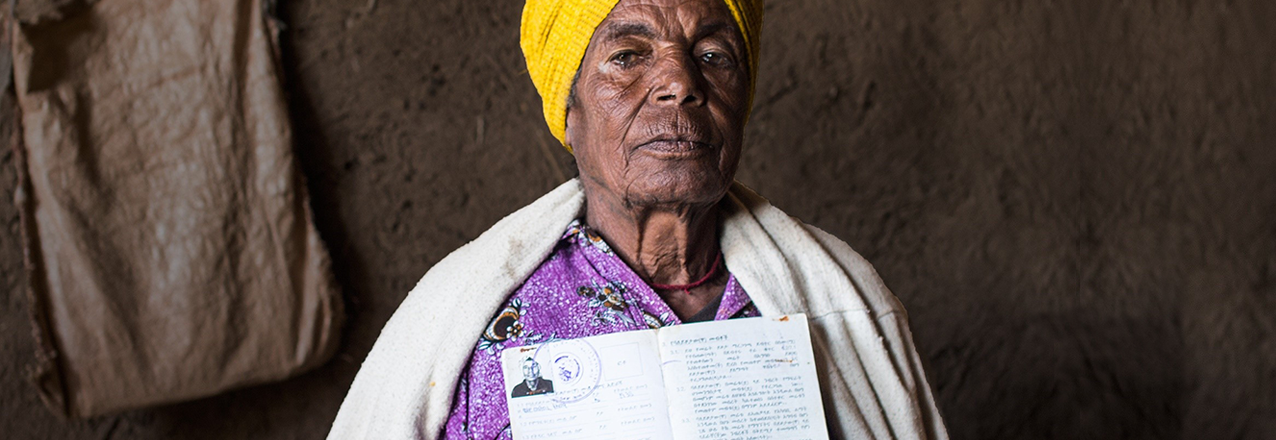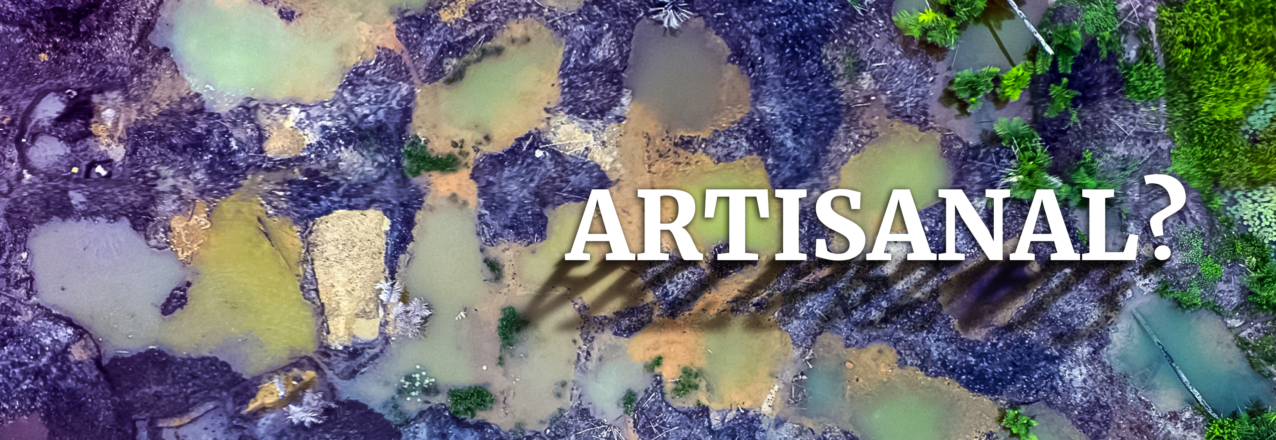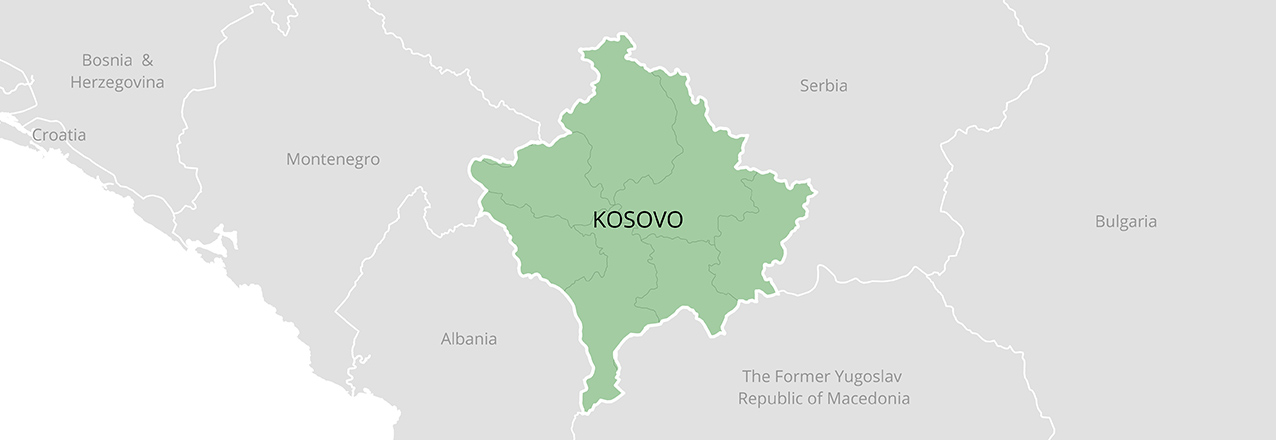Registration for USAID’s Land Tenure and Property Rights Massive Open Online Course (MOOC) is open through April 15th, 2018. Enroll today!
Overview
Rights to land and resources are at the center of our most pressing development issues: economic growth, food security, conflict, urbanization, gender equality, climate change, and resilience. Secure land and property rights create incentives for investment, broad-based economic growth, and good stewardship of natural resources. Insecure property rights and weak land governance systems often provoke conflict and instability, which can trap communities, countries, and entire regions in a cycle of poverty.
This flexible online course is designed for current or future international development professionals, particularly those involved with USAID or US Government foreign assistance programming, who want to strengthen their knowledge and skills in addressing land tenure and property rights challenges. Each module features video lectures from an array of subject matter experts – from leading academics to seasoned international development practitioners – as well as suggested readings and interactive discussions.
DOWNLOAD THE SYLLABUS FOR MORE INFORMATION
USAID staff should register through USAID University.
All others can register by clicking the button below:
REGISTERCore Required Modules
- Introduction to Land Tenure and Property Rights
- Land Tenure and Property Rights Terms and Concepts
- Gender, Property Rights, and Land Tenure
Elective Modules
- Resource Tenure and the Environment
- Community Land and Customary Tenure Systems
- Land Tenure and Geospatial Data and Technology
- Land Tenure, Post-Disaster Management, and Disaster Risk-Reduction
- Land Tenure, Dispute Resolution and Peacebuilding
- Land Tenure in Conflict-Affected Environments
- Land Tenure and Human Rights
- Land Tenure and Youth
- Land Tenure and Economic Growth
- Land Tenure and Responsible Land Based Investment
- Land Tenure and Food Security
- Land Administration Systems and Technology
- Land Tenure-Focused Monitoring and Evaluation
- Land Tenure in USAID Programming
Country Case Studies
- Colombia
- Haiti
- Tanzania
Passing The Course
To pass the course and earn a certificate, participants must:
- Complete the three required core modules (Modules 1-3)
- Complete any four elective modules
- Complete one country case study
- Complete the final exam
- Complete the participant surveys throughout the course
Note that each module contains a required reading, video lecture, and quiz – you must complete all of these items to receive credit for completing the module. Note that the quiz for Modules 2 and 3 is combined and comes at the end of Module 3.
Each module also contains a suggested, supplemental reading list and an interactive discussion forum. Participants are encouraged to take advantage of these but are not required to receive credit for completing the module.
USAID Universty Credit
For USAID staff (and only USAID staff), this course is eligible for 22 CLPs in USAID University. To receive USAID University credit, you will need to enroll through USAID University as well as Canvas (the MOOC platform).
To register, go to USAID University and use the search feature on the Learning tab to search for “Land Tenure and Property Rights”.
If you are a USAID employee and have any questions, please contact Jeremy Green (jegreen@usaid.gov).
Did you take the course last year? Check out the new modules that have been added in the syllabus and consider signing up again!
“This course not only informed me of the myriad land tenure issues, but it taught the complex subject in an easily accessible manner for the non-expert.” – Karen Boothe, Sr. Strategic Communications and Constituency Building Lead, USAID BRIDGE Project, Washington D.C.


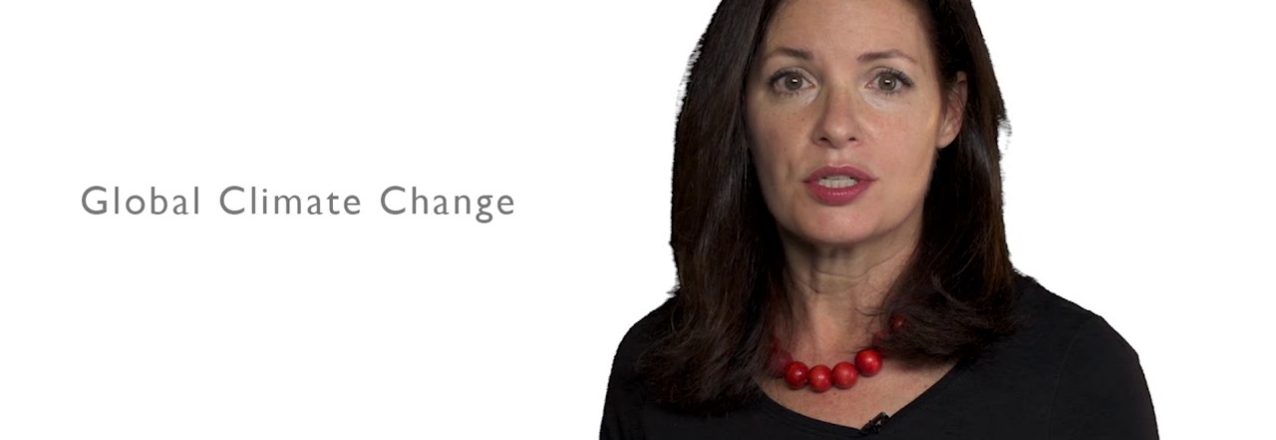

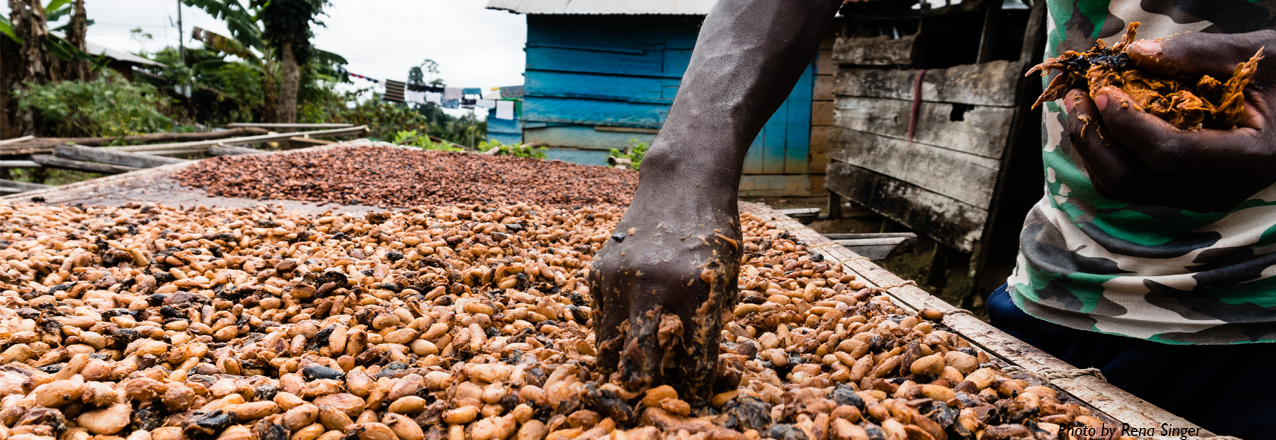
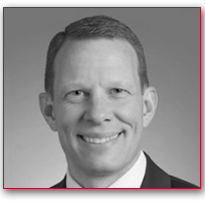 Jeff King
Jeff King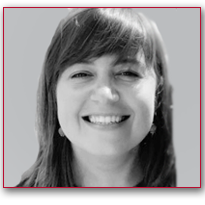 Olga Gormalova
Olga Gormalova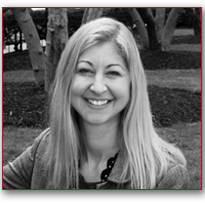 Sarah Lowery
Sarah Lowery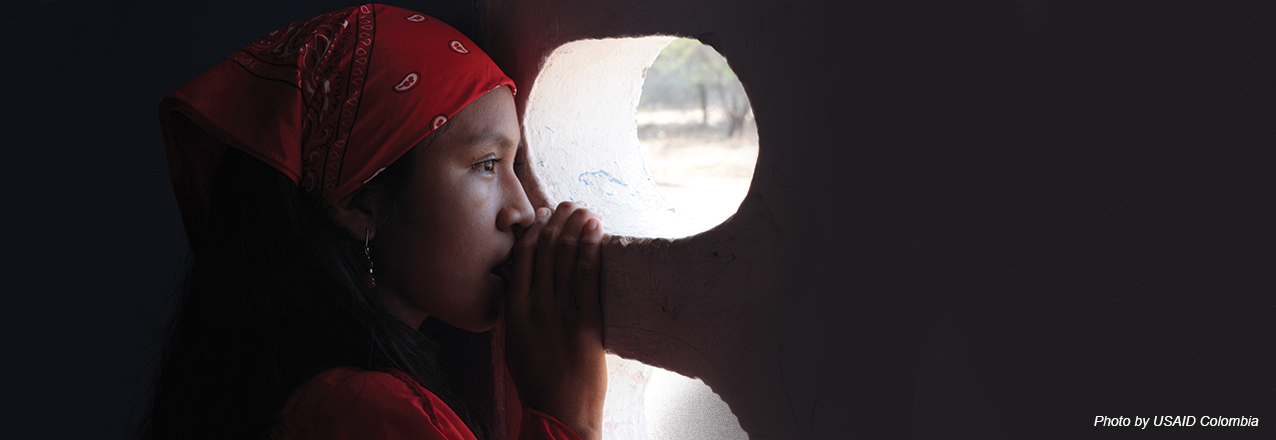
 Kim Thompson
Kim Thompson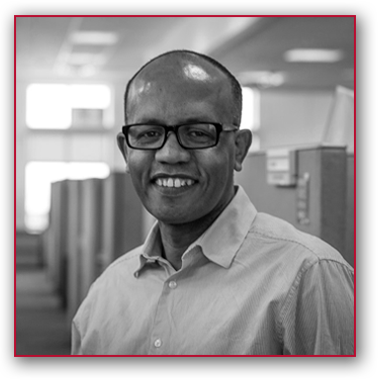 Zemen Haddis, PhD
Zemen Haddis, PhD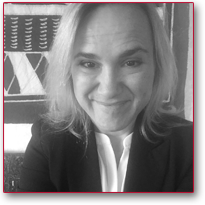 Anna Knox
Anna Knox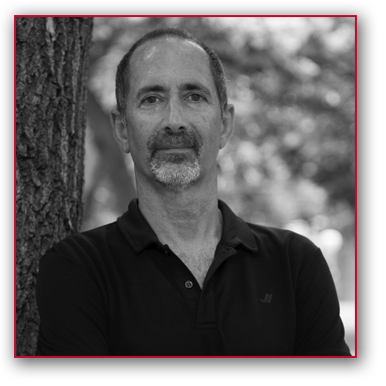 Jon Unruh, PhD
Jon Unruh, PhD
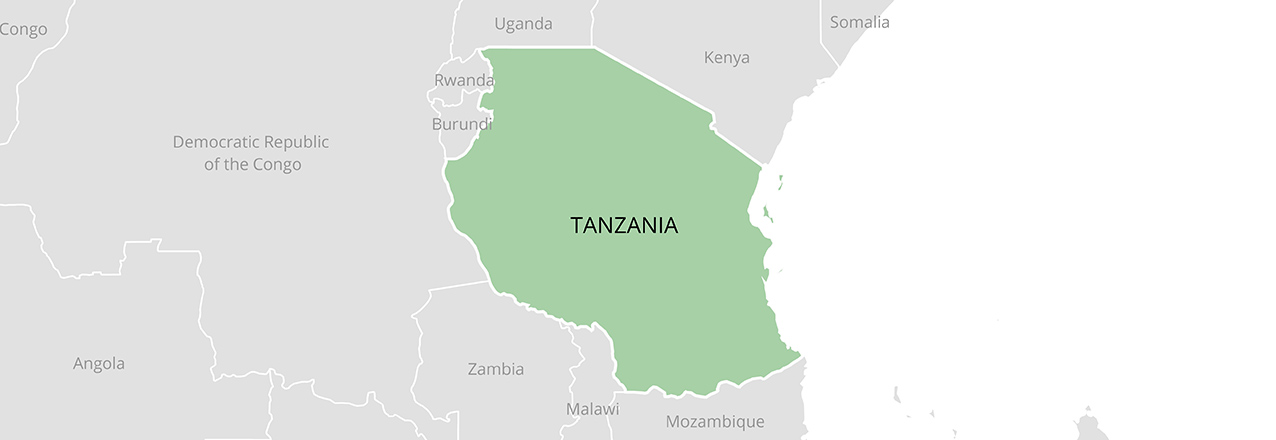
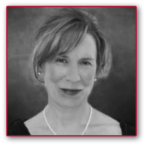 Maureen Moriarty-Lempke, PhD
Maureen Moriarty-Lempke, PhD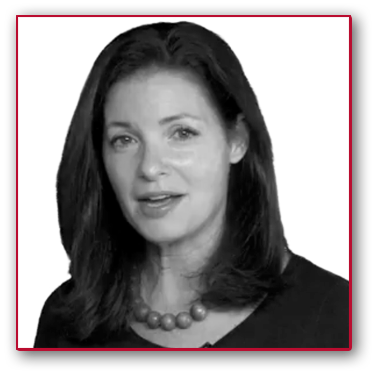 Karol Boudreaux
Karol Boudreaux